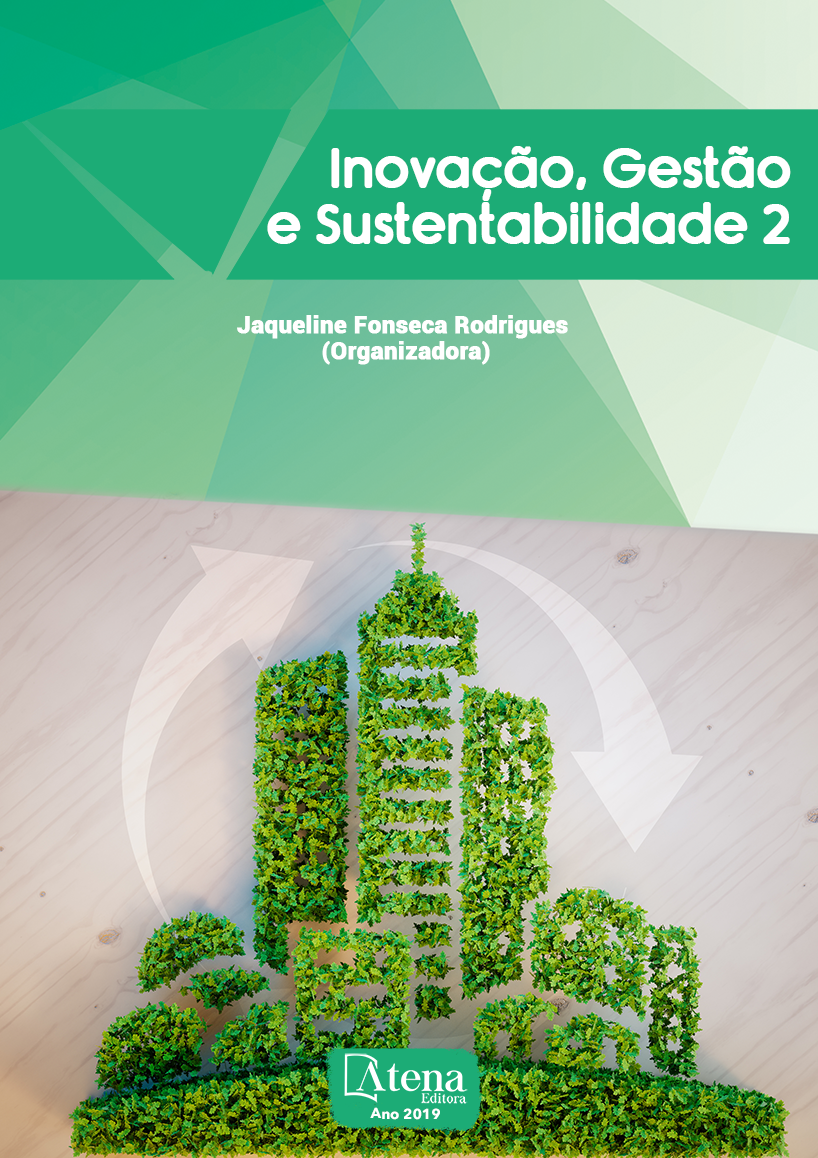
MODERNIZAÇÃO TECNOLÓGICA DA PECUÁRIA LEITEIRA NO PARÁ: UMA APLICAÇÃO DO INSTRUMENTAL ESTATÍSTICO-ECONOMÉTRICO
O presente artigo procura avaliar
o nível tecnológico dos sistemas de produção
da pecuária leiteira dos estabelecimentos das
microrregiões do Estado do Pará, por meio da
aplicação do modelo de análise de componentes
principais e da análise fatorial, logo a aplicação
deste instrumental estatístico-econométrico
será de extrema importância para obtenção
e caracterização da estrutura tecnológica
da pecuária leiteira desenvolvida no Pará. A
principal conclusão é que a pecuária leiteira
e seus derivados, de fato, desempenham um
papel relevante no suprimento de alimentos e na
geração de emprego e renda para a população
brasileira, nortista e paraense. Além disso, a
pecuária leiteira pode ser inserida no âmbito
da agricultura familiar, por exemplo, como
atividade-fim envolvendo a geração de alimento
para famílias de baixa renda, sobretudo no meio
rural com baixo nível tecnológico.
MODERNIZAÇÃO TECNOLÓGICA DA PECUÁRIA LEITEIRA NO PARÁ: UMA APLICAÇÃO DO INSTRUMENTAL ESTATÍSTICO-ECONOMÉTRICO
-
DOI: 10.22533/at.ed.0541918068
-
Palavras-chave: pecuária leiteira; nível tecnológico; estatístico-econométrico.
-
Keywords: livestock for milk; technological level; statistical-econometric.
-
Abstract:
The aim of this article is to evaluate
the technological level of milk production systems
in the micro-regions of the State of Pará, through
the application of the principal components
analysis model and the factorial analysis, so
the application of this statistical-econometric
instrument will be Of extreme importance for
obtaining and characterizing the technological
structure of dairy farming developed in the
State of Pará. The main conclusion is that dairy
farming and its derivatives, in fact, play an
important role in the supply of food and in the generation of employment and income for the Brazilian, northern and Pará populations.
In addition, dairy farming can be inserted into the for example, as an end-use activity
involving the generation of food for low-income families, especially in rural areas with
low technological levels.
-
Número de páginas: 15
- David Ferreira Carvalho
- Raimundo Nelson Souza da Silva
- Gisalda Carvalho Filgueiras
- Carmelita de Fátima Amaral Ribeiro
- Tatiana Pará Monteiro de Freitas
- André Cutrim Carvalho


